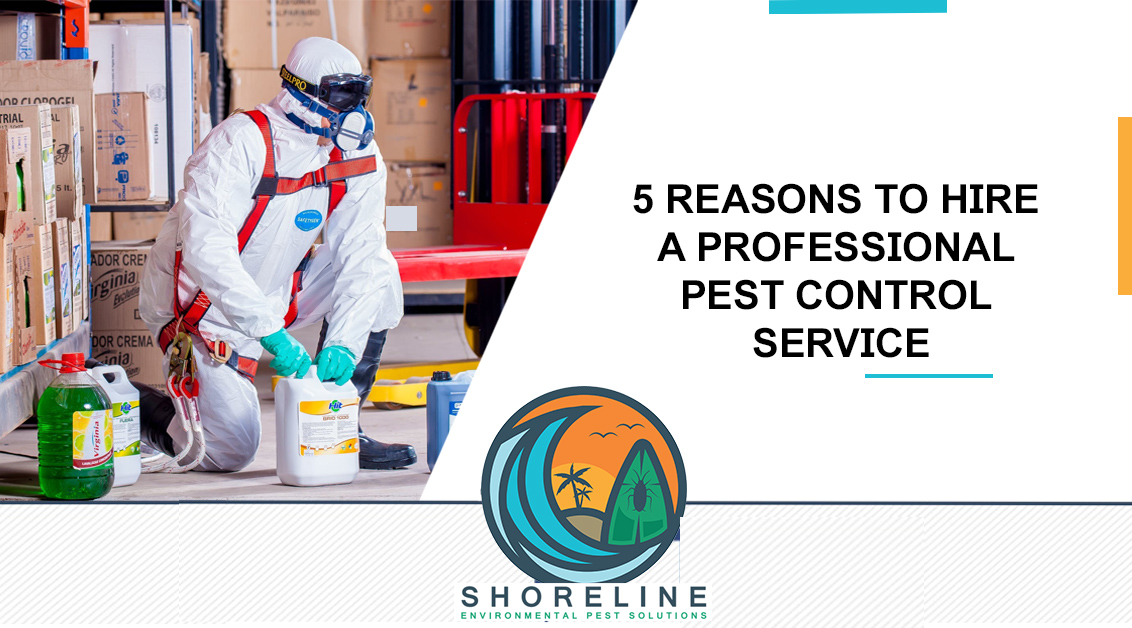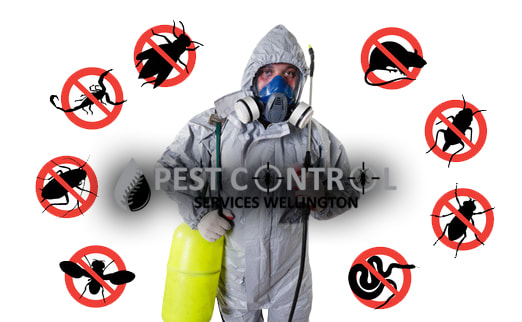Relied On Pest Control Clovis: Guarding Your Building
Relied On Pest Control Clovis: Guarding Your Building
Blog Article
Comprehending the Numerous Approaches to Bug Control: A Comprehensive Guide

Natural Insect Control Techniques
Using environment-friendly techniques such as friend growing and biological parasite control is necessary for efficiently managing bugs in agricultural setups. Buddy growing includes growing various crops in closeness to hinder insects, boost nutrient uptake, and enhance overall plant health.
Organic insect control involves presenting natural killers or pathogens to regulate pest populations. Ladybugs, for instance, eat aphids, managing their numbers without the demand for chemical pesticides. One more instance is the usage of Bacillus thuringiensis (Bt), a germs that targets specific insect parasites while being harmless to human beings, pets, and advantageous pests.
These environmentally friendly approaches not only minimize the reliance on artificial pesticides yet also assist preserve biodiversity and soil wellness. By incorporating all-natural bug control techniques right into farming methods, farmers can accomplish sustainable parasite administration while lessening unfavorable impacts on the environment.

Chemical Parasite Control Solutions
In enhancement to all-natural parasite control approaches, the usage of chemical parasite control services plays a substantial duty in efficiently taking care of pest populaces in agricultural atmospheres. Chemical pest control options are created to target details bugs that might cause substantial damages to crops. These solutions commonly contain synthetic pesticides that are developed to eradicate parasites rapidly and successfully.
One of the vital advantages of chemical parasite control services is their performance in managing insect invasions on a large scale. Farmers can apply these options utilizing various methods such as splashing, airing out, or seed treatment to shield their crops from dangerous insects, weeds, and diseases. Furthermore, chemical insect control services are relatively simple to apply and can supply fast results, helping farmers safeguard their yields and minimize economic losses.
Nonetheless, it is necessary to utilize chemical pest control solutions deliberately to reduce potential unfavorable effect on the setting, non-target organisms, and human health. Proper application techniques, adherence to security guidelines, and routine monitoring are essential to ensure the liable usage of chemical insect control services in agricultural techniques.
Biological Insect Control Approaches
Organic parasite control comes close to take advantage of natural predators or microorganisms to manage bug populaces in agricultural setups effectively. This approach offers a environmentally friendly and sustainable option to pest administration, reducing the reliance on special info artificial chemicals and lessening damage to the atmosphere. One common organic control method is the intro of all-natural enemies, such as ladybugs or parasitic wasps, to target certain pests. These killers feed on the pests, assisting to control their populations naturally - pest control clovis.
One more biological control approach entails making use of virus like fungi, basics bacteria, or infections to contaminate and kill parasites. These microbial representatives can be splashed on crops or presented right into the soil to battle different insects without hurting advantageous insects or other wildlife. In addition, making use of scents to interfere with the breeding patterns of parasites is another efficient biological control method. By disrupting their recreation, this method assists to minimize insect populaces without the requirement for chemical intervention. On the whole, biological insect control methods supply a lasting and targeted solution to pest management in agriculture.
Integrated Pest Administration (IPM)
Integrated Parasite Administration (IPM) is a comprehensive approach that incorporates different pest control methods to properly manage and reduce pest populaces in agricultural systems. IPM concentrates on long-lasting prevention of pests via a combination of organic, cultural, physical, and chemical control techniques. By incorporating these different approaches, IPM intends to reduce reliance on chemical pesticides, lessen ecological impact, and promote sustainable bug monitoring techniques.
One trick aspect of IPM is the use of biological controls such as all-natural killers, bloodsuckers, and virus to manage pest populations. This method takes advantage of the power of nature to keep an equilibrium in between parasites and their all-natural adversaries without causing harm to the environment.
Additionally, IPM involves cultural practices like crop cleanliness, habitat, and rotation control to produce unfavorable conditions for parasites and interrupt their life process. Physical controls such as composts, catches, and barriers are likewise utilized to avoid pest infestations.
Mechanical and Physical Parasite Control Strategies
Using non-chemical methods, such as physical and mechanical parasite control methods, is a vital element of extensive pest monitoring methods, building on the structure Website of Integrated Bug Management's all natural technique. Mechanical insect control involves the usage of physical barriers or catches to avoid pests from accessing and harming crops or frameworks. This method can consist of methods like mounting screens on home windows, utilizing row covers in farming, or utilizing sticky catches to catch pests.
Physical insect control approaches, on the other hand, emphasis on directly removing insects via physical means. Utilizing warmth treatments to remove bed pests or vacuuming up insects like ants or crawlers can be effective methods to take care of infestations without the usage of chemicals. By including these mechanical and physical bug control strategies into an Integrated Insect Monitoring strategy, individuals and experts can decrease reliance on chemicals while still properly managing pest populations and decreasing damages.
Verdict

In addition to all-natural bug control methods, the utilization of chemical bug control services plays a significant duty in successfully handling pest populations in farming environments.One of the vital advantages of chemical insect control options is their effectiveness in regulating pest problems on a huge range.Integrated Bug Monitoring (IPM) is a detailed strategy that combines numerous pest control approaches to successfully take care of and reduce pest populaces in farming systems.Utilizing non-chemical techniques, such as mechanical and physical bug control strategies, is a vital aspect of extensive bug management techniques, developing upon the structure of Integrated Pest Management's alternative strategy. By incorporating these mechanical and physical bug control strategies right into an Integrated Pest Management plan, specialists and individuals can decrease reliance on pesticides while still successfully taking care of pest populaces and minimizing damage.
Report this page